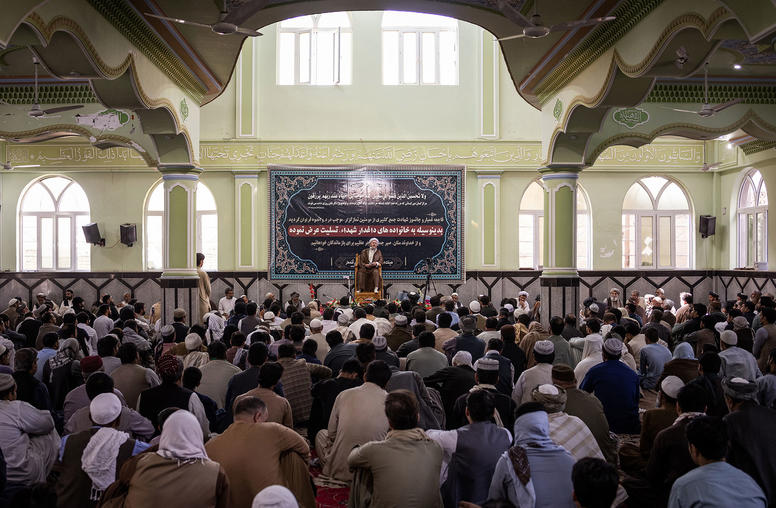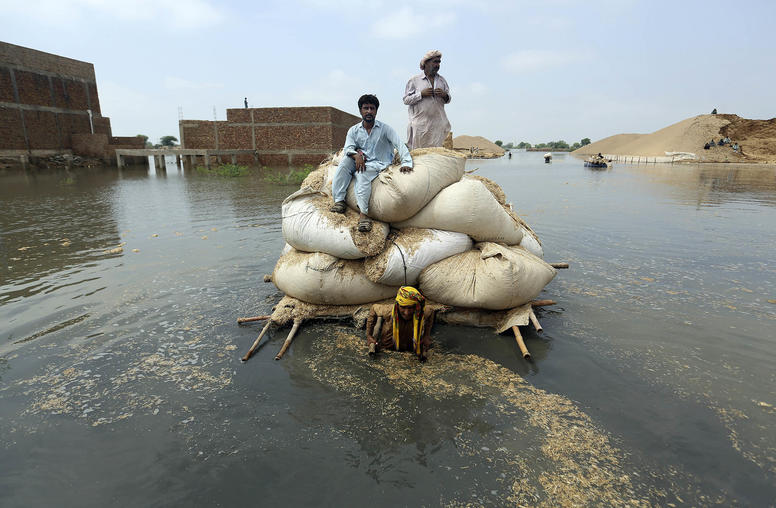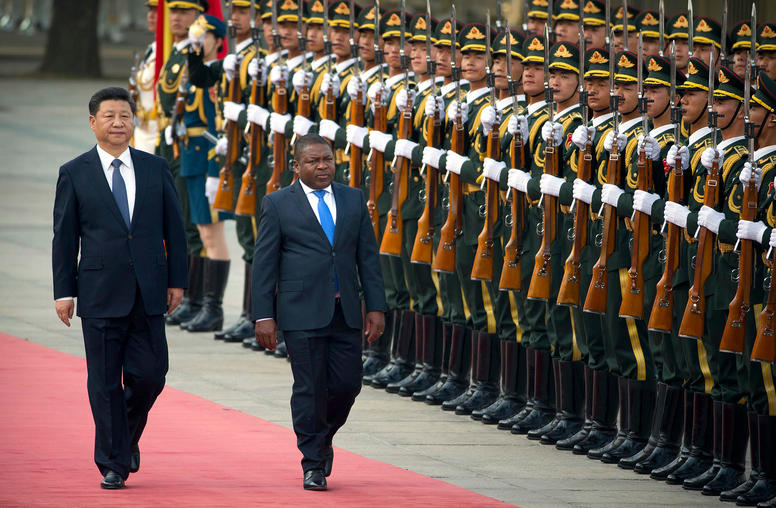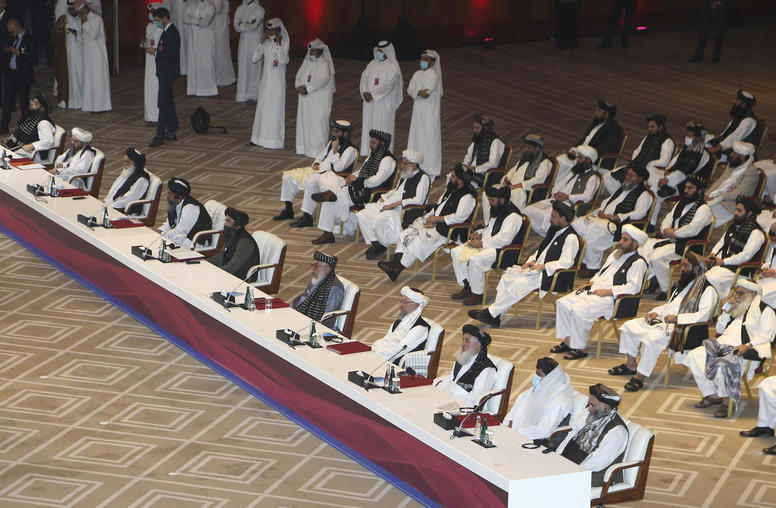Publications
Articles, publications, books, tools and multimedia features from the U.S. Institute of Peace provide the latest news, analysis, research findings, practitioner guides and reports, all related to the conflict zones and issues that are at the center of the Institute’s work to prevent and reduce violent conflict.

The Growing Threat of the Islamic State in Afghanistan and South Asia
When the Taliban took control of Afghanistan in 2021, counterterrorism experts were alarmed at the possible resurgence of Islamist terrorist groups within the country. This Special Report lays out why those concerns, particularly about the regional Islamic State affiliate known as Islamic State Khorasan Province (ISKP), were well-founded. The report discusses the likely trajectory of ISKP’s activities in South Asia and recommends measures to minimize potential threats to the West and build regional resilience to extremism.
Tracking the Evolution of Conflict: Barometers for Interstate and Civil Conflict
This paper presents news ways to track violent conflict over time, providing conflict barometers for interstate and civil conflict, respectively. After critiquing previous efforts at measurement, the authors discuss general principles concerning the utility of conflict barometers. The interstate barometer is based on establishing a baseline for the relationship between a pair of states and then using the incidence and severity of militarized confrontations to track variations around those baselines. The resulting Interstate Conflict Severity Barometer (ICSB) is scaled from 0 (no violent conflict) to 1,000 (rivalry plus severe militarized confrontations) for 2,631 different state-state relationships over the period 1900–2015.

Keith Mines on the Crises in Venezuela and Haiti
While Haiti’s and Venezuela’s political, security and humanitarian situations remain dire, there are promising regional efforts underway to address both countries’ crises. While “the U.S. is looking for someone else to take the lead” on these situations, “there are things at play that are encouraging and at some point are going to need very tangible U.S. support,” says USIP’s Keith Mines.

Displaced to Cities: Conflict, Climate Change, and Rural-to-Urban Migration
Countries as geographically diverse as Honduras, Jordan, and Pakistan are experiencing a common challenge—rapid growth in urban populations as conflict and climate-induced disasters push people from rural areas into cities. This report examines the effects of this increased urban migration on both the migrants and the urban environment, as well as the challenges policymakers face. It offers recommendations to help meet the needs of growing urban populations and develop adaptive, resilient systems to better withstand the impacts of climate change and conflict.

Vikram Singh on Indian Prime Minister Modi’s U.S. Visit
China’s assertiveness has brought the United States and India into closer strategic alignment. But as India's Prime Minister Narendra Modi arrives in Washington, USIP’s Vikram Singh says it’s important to remember “we’re not allies, we’re partners … The Indians feel like they have to maintain a much more balanced set of relationships” in the Indo-Pacific.

Thomas Sheehy on U.S.-China Competition and Africa’s Critical Minerals
While China “had a 20-year head start” on mining critical minerals in Africa, USIP’s Thomas Sheehy says the United States is looking to secure its own supply lines while avoiding adverse effects: “There’s a growing realization … that unless these minerals are developed in a way that works to the benefit of Africans, it’s simply not sustainable.”

Chinese Professional Military Education for Africa: Key Influence and Strategy
One way the Communist Party of China seeks to increase the uptake of its norms, values, and institutional practices in Africa is by providing professional education and training opportunities to African military officers. In addition to promoting China’s governance models, these programs have graduates in top leadership positions across the continent, including presidencies and numerous top defense roles. This report urges US and Western policymakers to counter this influence by providing more opportunities for African officers to train in Western military institutions.

Mary Glantz on the NATO Summit and the Wagner Mutiny
Ukraine’s potential admission into the Euro-Atlantic security alliance will top the agenda at next week’s summit in Lithuania. While it’s unlikely that there will be any clear-cut decision next week, “the opinion in the alliance is leading toward Ukraine moving faster rather than slower” in terms of joining, says USIP’s Mary Glantz. “I think history is on Ukraine’s side right now.”

Why Was a Negotiated Peace Always Out of Reach in Afghanistan?
August 30, 2022, marks the one-year anniversary of the last US troops leaving Afghanistan. During America’s 20-year military intervention, there were several opportunities to negotiate peace among the Taliban, the Government of the Islamic Republic of Afghanistan, and the United States—but these opportunities were missed, went unrecognized, or were deliberately spurned by one or more of the parties. In this important history, Steve Brooking, the first British official sent into Afghanistan after 9/11, examines why the three parties were unable or unwilling to reach a negotiated settlement.

Belquis Ahmadi on Afghanistan a Year After the Taliban Takeover
A year on, the situation in Afghanistan is “looking really grim” as women and girls have lost the gains made over the past two decades and the country’s humanitarian crisis continues to spiral, says USIP’s Belquis Ahmadi. “The Taliban are trying to erase women from society.”